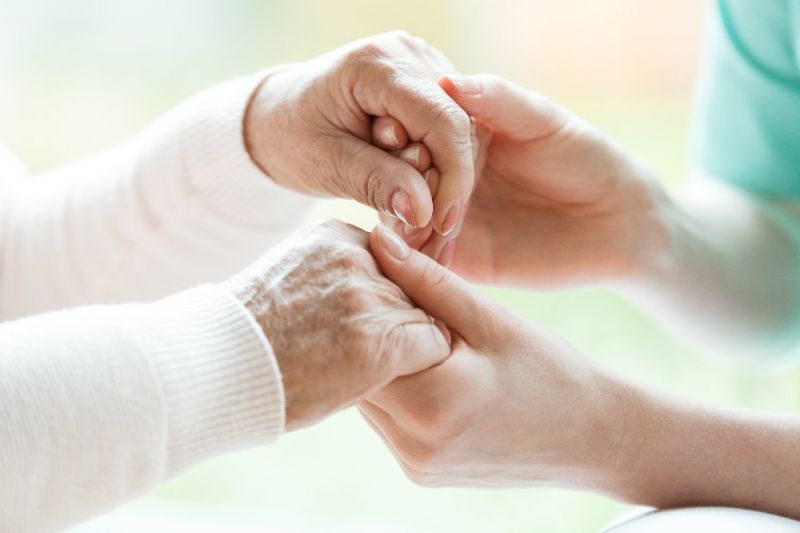Navigating the Balancing Act: The Challenges of Being a Caregiver
iSavta | 13.02.2023

Being a caregiver can be a challenging and rewarding experience but also a source of stress and struggle. Caregivers are often responsible for providing physical, emotional, and practical support to a loved one who is ill, disabled, or elderly. They may be caring for a spouse, parent, child, or another family member, and maybe juggling multiple responsibilities at once.
One of the biggest struggles for caregivers is balancing their own needs with those of the person they are caring for. Caregivers may feel guilty for taking time for themselves or may feel overwhelmed by the constant demands of caregiving. They may struggle with feelings of isolation, as they may be spending most of their time with the person they are caring for, and may have limited opportunities to connect with friends and family.
Another major struggle for caregivers is managing the physical and emotional demands of caregiving. Caregivers may be providing hands-on care, such as bathing and dressing the person they are caring for, and may also be responsible for managing medications, arranging doctor's appointments, and coordinating other medical care. This can be physically and emotionally draining and can lead to feelings of burnout.
Caregivers may also experience financial stress as a result of their caregiving responsibilities. They may need to take time off work to care for their loved one and may incur additional expenses, such as medical bills or equipment costs.
Despite these struggles, caregivers often find that their experience as a caregiver is also deeply rewarding. They may develop a closer relationship with the person they are caring for and may feel a sense of purpose and fulfillment from helping someone in need.
It is essential for caregivers to remember to take care of themselves, both physically and emotionally. Finding support through caregiver support groups, counseling, or other resources can help caregivers cope with the challenges of caregiving. Caregivers should also make time for self-care, such as exercise, hobbies, and social activities, to help maintain their own physical and emotional well-being.
In conclusion, Caregiving is a challenging and demanding task, but it can also be a deeply rewarding experience. Caregivers play a vital role in the lives of those they care for, but they also need to take care of themselves in order to continue to provide care. Support, self-care, and resources are essential for caregivers to manage the struggles that come with their role.
Read more about Personal Wellness

Personal Wellness
Making 2026 a Successful Year as a Migrant Caregiver: Simple Steps That Truly Matter
Read More
Personal Wellness
New Year Away From Home: How Migrant Caregivers in Israel Can Find Meaning, Hope, and Strength in 2026
Read More
Personal Wellness
Celebrating Christmas in Israel: Simple Ways to Feel the Holiday Spirit Even When People Around You Don’t Celebrate
Read More
Personal Wellness







